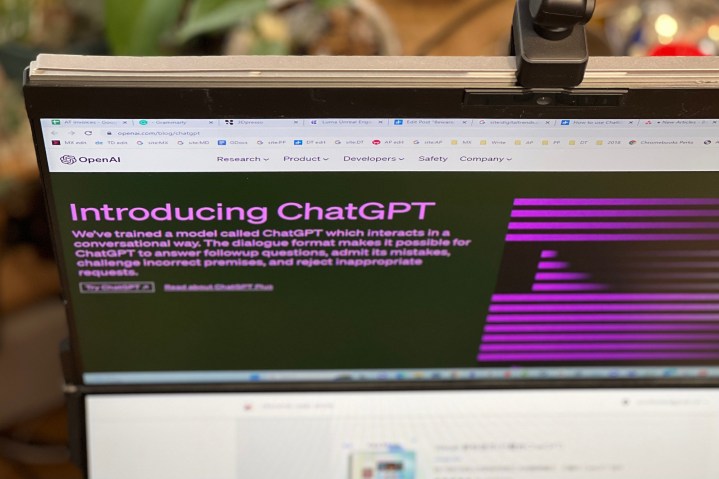
OpenAI appears to be just throwing spaghetti at this point, hoping it sticks to a profitable idea. The company announced on Tuesday that it is rolling out a new feature called ChatGPT Tasks to subscribers of its paid tier that will allow users to set individual and recurring reminders through the ChatGPT interface.
Tasks does exactly what it sounds like it does: It allows you to ask ChatGPT to do a specific action at some point in the future. That could be assembling a weekly news brief every Friday afternoon, telling you what the weather will be like in New York City tomorrow morning at 9 a.m., or reminding you to renew your passport before January 20. ChatGPT will also send a push notification with relevant details. To use it, you’ll need to select “4o with scheduled tasks” from the model picker menu, then tell the AI what you want it to do and when.
The new feature will begin rolling out in beta to Plus, Team, and Pro users over the next few days. You’ll be able to set up to 10 separate tasks on desktop, web, and mobile during the beta phase, though the tasks manager menu will only be available through the web interface. The AI will be able to push reminder notifications through the macOS desktop app, your browser, or the iOS and Android mobile apps. The idea behind Tasks seems to be nearly identical to what the myriad native and third-party reminder apps on the market already do, just through a different brand’s interface.
Tasks looks to be OpenAI’s initial foray into AI agents, specialized models designed to take independent action while automating repetitive daily tasks. It’s a field that is expected to grow massively in 2025. Anthropic’s Claude already unveiled its Computer Use API in November, as did Microsoft with its Copilot Actions. Google is reportedly working on an agent of its own, code-named Project Jarvis, and announced earlier this week that its automotive agent will power the next generation of Mercedes-Benz MBUX navigation and entertainment systems.



